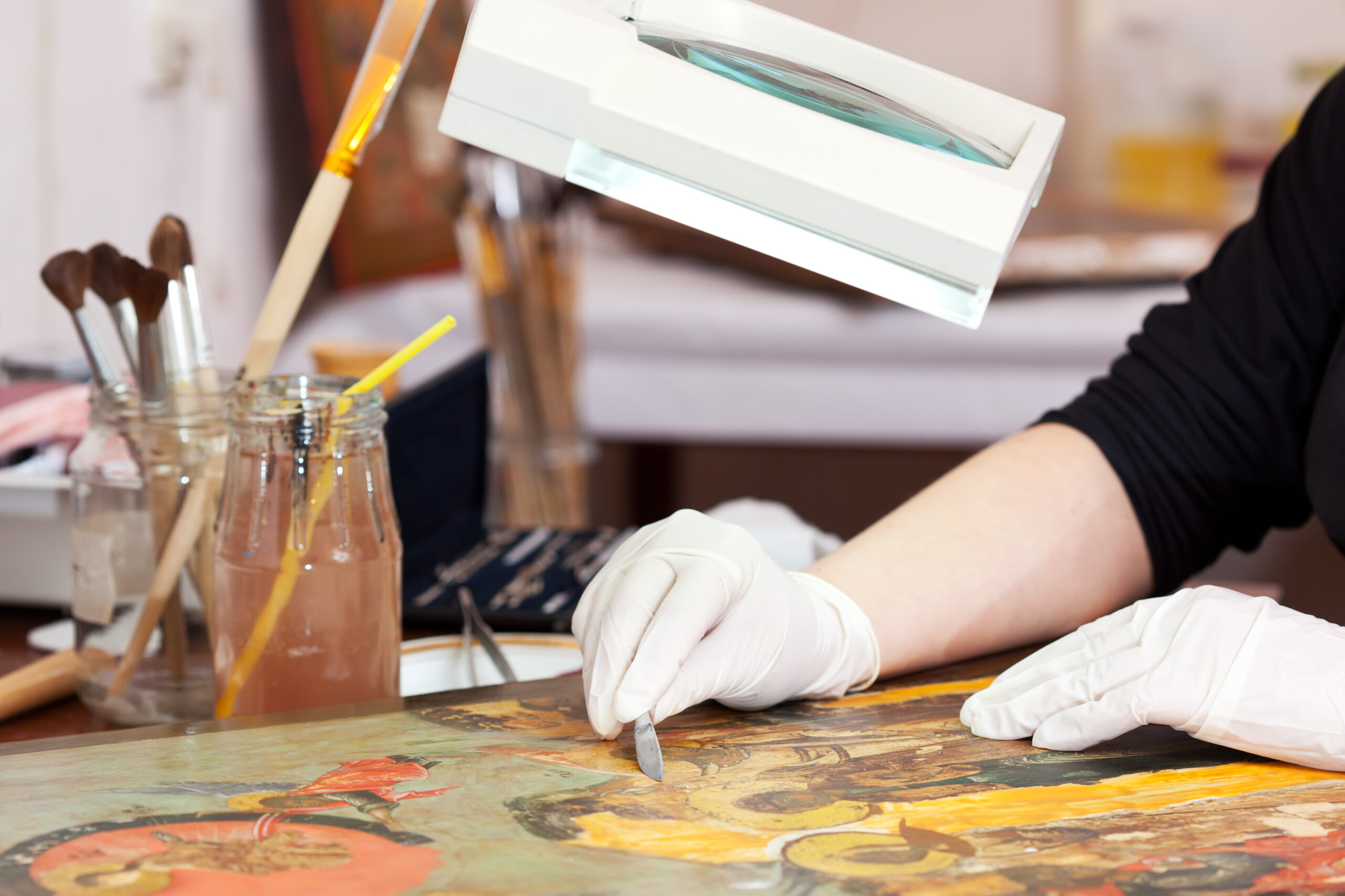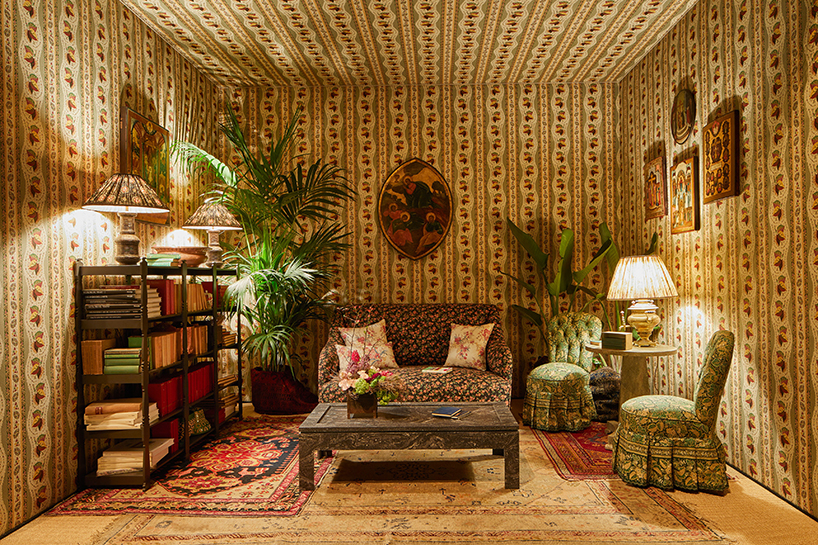Given the diverse nature of the design field, Interior Design students have a broad spectrum of career possibilities. They can explore various career topics, ranging from industry-specific roles to a broader design-related profession. Interior design is a dynamic field that requires a blend of creativity, technical skills, business acumen, and a good understanding of client needs. Here are some career options for interior design students:

Education:
- EducaƟon: Get a formal education in interior design from a reputable institution. Ensure the program is accredited and provides a well-rounded curriculum.
- SoŌware Proficiency: Become proficient in designing software such as AutoCAD, SketchUp, Revit, Adobe Photoshop, and other relevant tools used in the industry.
Portfolio Development:
- Quality Over Quantity: Curate your porƞolio to showcase your best work. Highlight diverse projects that demonstrate your skills in different styles and spaces. Develop a brand that reflects your design style and values. Create an online presence through a porƞolio website or social media to showcase your work.
- Detail-Oriented: Include sketches, mood boards, floor plans, and before-and-aŌer visuals to demonstrate your design process and Attention to detail.

Networking and Professional Development:
- Industry ConnecƟons: Network with professionals in the field. AƩend industry events, join design associations and connect with alumni or mentors for guidance and potential job opportunities.
- ConƟnuous Learning: Consider obtaining certifications or additional qualifications in specialized areas of interior design, such as sustainable design or specific software proficiency.
Career Growth:
- Specialization: Identify areas of interest within interior design (e.g., residential, commercial, sustainable design, hospitality) and consider specializing in those areas as you progress in your career. Hone your communication, project management, and client relationship skills. Interior design involves working closely with clients and various stakeholders.
- Stay Updated: Stay abreast of the latest trends, materials, technologies, and regulations in interior design. AƩend workshops, conferences, and seminars to keep learning.
Skills Development:
- Adaptability and Flexibility: Be open to learning new techniques, and styles, and adapting to the evolving needs of clients and the industry.
- Mentorship: Consider finding a mentor within the industry who can provide guidance, advice, and support as you navigate your career path.
The field of interior design is not just about creating beautiful spaces but also about understanding the functionality, safety, and well-being of the people who will inhabit those spaces. Balancing creativity with practicality is key to success in this field. IVS School of Art and Design is considered amongst the best Interior Design colleges in Delhi, offering various Interior Design courses to give the requisite kickstart to your career. Building a strong foundation with IVS, during your education and continually expanding your skills and network will greatly enhance your prospects in this field.



